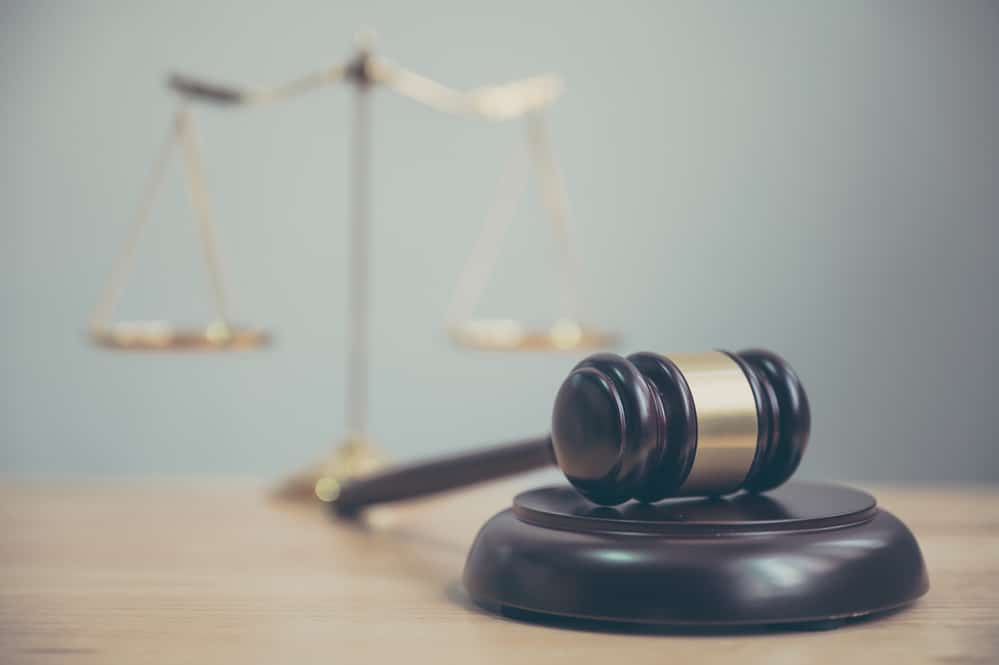British Columbia Labour Rights Attorney Giving You the Representation You Need for Proving Discrimination Before a Human Rights Tribunal
Everyone deserves the right to feel safe and respected in the workplace. This applies regardless of a person’s race, sexuality, place of origin, or many other factors. In fact, many aspects of a person’s identity are protected from discrimination under Canadian law. It is illegal for a coworker, supervisor, or other company representative to harass or discriminate against anyone based on a variety of protected classes.
If feel you are being discriminated against by your employer, you may be able to take them before the Human Rights Tribunal. The Tribunal is a governmental agency with the ability to enforce anti-discrimination laws. It could potentially lead to an improvement of conditions in your situation. The Tribunal may also find you are entitled to compensation for your negative experiences. In some rare instances, individuals have been jailed for severe violations of the law.
What is the Human Rights Tribunal?
The Human Rights Tribunal is a government agency established as part of the 1977 Human Rights Act. The Human Rights Act was passed to address claims of discrimination. The Act created two separate organizations: The Human Rights Commission and the Human Rights Tribunal.
The Commission receives and investigates claims of discrimination. They will conduct interviews, gather evidence, and determine whether there is enough material to establish a probable case of discrimination.
If the Commission finds there is sufficient evidence of discrimination, the case can be brought before the Tribunal for judgment. Prior to going before the Tribunal, you will have the opportunity to come to an agreement or settlement with your employer. If you cannot come to an agreement on your own, the case can go before the Tribunal.
What is Discrimination in British Columbia?
Discrimination is defined as a “distinction or difference in how a person is treated that has a negative impact on that person.” The current test for discrimination is Moore v. BC (Education). In order to prove discrimination, someone must establish:
- They Have a Characteristic Protected by the Code
- They Experienced an Adverse Impact
- The Protected Characteristic was a Factor in Why they were Adversely Impacted
The Tribunal protects a several classes of individual under the Human Rights Act. There are fifteen personal characteristics against which discrimination is illegal under all circumstances. These are:
- Race
- Colour
- Ancestry
- Citizenship
- Country of Origin
- Ethnicity
- Religion
- Sexual Orientation
- Gender Identity
- Gender Expression
- Sex
- Marital Status
- Family Status
- Age
- Disability
Additionally, there are two more protected classes against which discrimination is prohibited, but only under special circumstances. These are:
- Receipt of Social Assistance
- Pardoned Criminal Record
Discrimination against those receiving social assistance is only prohibited in circumstances involving housing. Discrimination against a pardoned criminal record only applies in circumstances involving employment.
How Do I Prove Discrimination Before the Tribunal?
In order to qualify as discrimination, an individual must not just be treated differently from others but that different treatment must have a negative impact. For example, a person with a disability might have an accommodation made for them in the workplace. This accommodation does not qualify as discrimination. It also does not qualify as discrimination if an individual assigned male at birth or male identifying individual is turned away from a shelter designated to protect vulnerable individuals assigned female at birth.
Evidence takes two primary forms:
- Documentary Evidence
- Oral Evidence
Documentary evidence is anything written or recorded that can be physically presented before the Tribunal. This includes emails, text messages, written documents, photos, minutes of meetings, etc. Documentary evidence is often most compelling because it can be seen with the eye. It is also difficult under most circumstances to fabricate documentary evidence. Oral evidence is anything said under oath. It is also referred to as testimony. Oral evidence may be less compelling because it is subjective.
Any documentary evidence you can present can aid your case. This includes emails documenting a pattern of harassing behaviors or containing discriminatory language. It can also include text exchanges documenting discrimination.
Prior to having gone before the Tribunal, the Human Rights Commission will have conducted an investigation. Part of this investigation involves gathering evidence. If the case has reached the Tribunal, the good news is there is already evidence in your favor to have come this far. However, the other party will be attempting to discredit that evidence. They may also attempt to prove that, while discrimination took place, it was permitted under the law.
What Should I Do if I am Facing my Employer Before the Human Rights Commission?
Under some circumstances, employers and other agencies are permitted to discriminate. Just because a case goes before the Tribunal does not mean it will find in your favor. Evidence is not proof. It only means there is a reasonable cause to further review discrimination claims. Without sufficient evidence and a strong case, the Tribunal may rule against you. This could mean all of the time, effort, and strain of having gone through the Commission investigation may have been for nothing.
If you are an employee facing your employer before the Human Rights Tribunal, don’t hesitate to contact Labour Rights Law, located at 3007 Glen Dr #206,Coquitlam, BC V3B 0L8. We’re 800m North of Henderson Place Mall and 1.4k Northwest of Glen Park. We’re the only law firm in our area who started out in employment law, and bring with us years of experience, prestige, and commitment.
We’ve handled cases before Human Rights Tribunals in the past and can help you establish your case. We know how to identify and locate additional evidence that will strengthen your case before the Tribunal. We’re also experienced in protecting cases by disproving counter claims against your evidence.
Businesses have more resources than the average person. They may be able to try and discredit or disprove evidence before the Tribunal. An experienced attorney can defend this evidence while presenting more evidence in your favor. If you’re about to face your employer before a Human Rights Tribunal, contact Labour Rights Law at 604-245-3169 or email us for a consultation. We can help you gather the evidence to prove discrimination and win your case.





